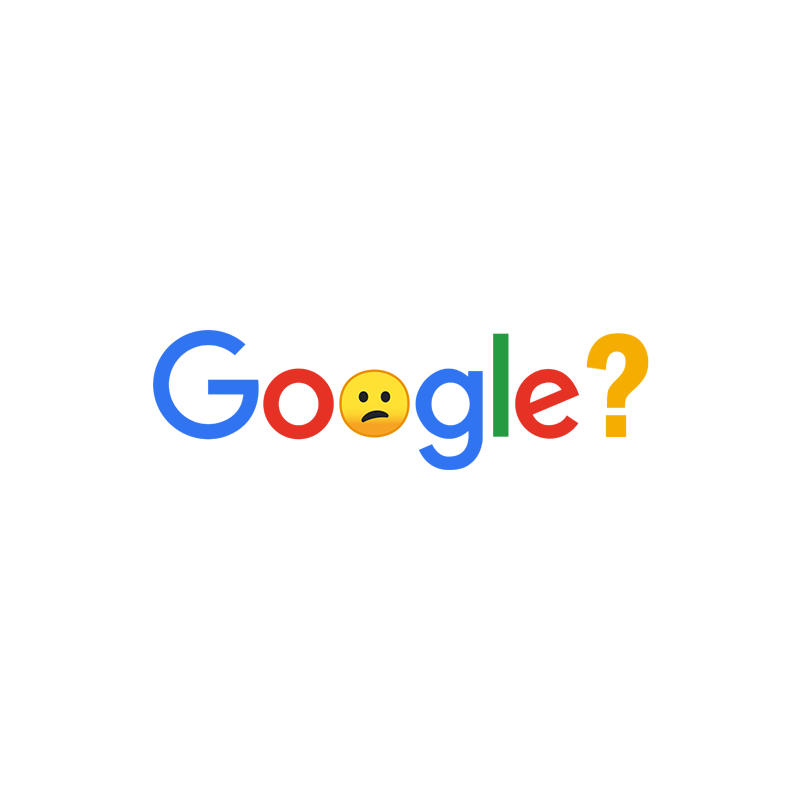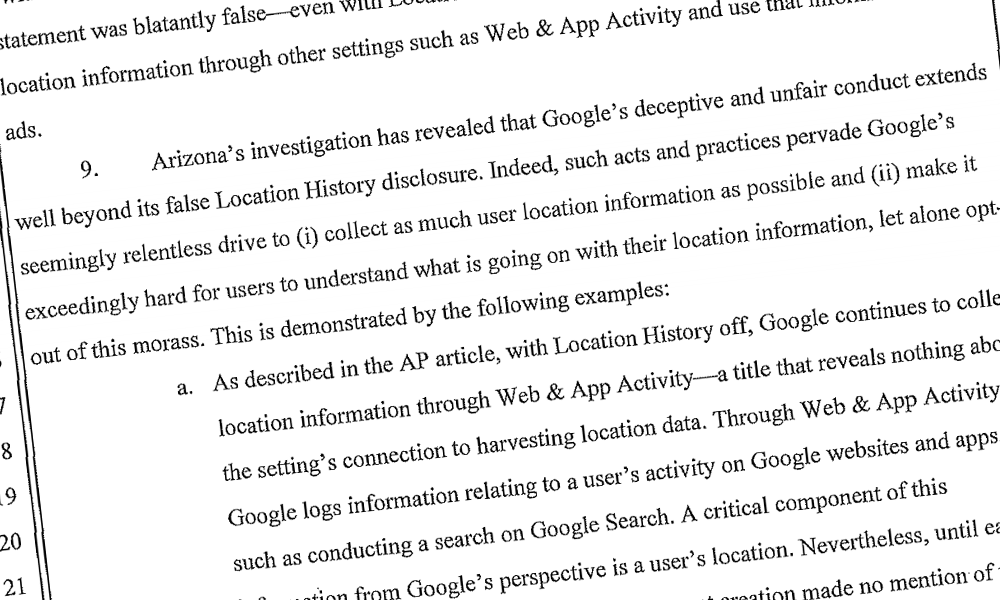
Google is the tech giant of the web. It operates the most popular search engine, the most popular email service, Android, and many more.
The company can provide most of its products and services for free. But in return, it needs a lot of user data in order to personalize ads to its users. With more people are using the internet and on smartphones, Google business is a promising one, as things go up North.
To govern everything to appeal both Google and its users, Google needs to have a policy and disclosure to explain its every intention.
Users are given the privacy settings, in which they can customize what can and cannot be shared with Google. The problem here is that, Google has a lot of products and services that are interconnected. With the many offers Google is provides, Google provides users settings that are too complex.
These settings are indeed confusing.
It can be said that no first-timer or non-tech people can understand what Google is saying.
And this apparently, also applies to Google's engineers.
According to internal documents unsealed in a lawsuit over Google's data collection, a Google employee said that:
The lawsuit (PDF) was originally filed by Arizona Attorney General Mark Brnovich in May 2020, that according to The Arizona Mirror that first reported it.
"Even top-level Google employees do not understand under what conditions Google collects location data," Brnovich and his team wrote in the complaint.
The investigation started by a 2018 Associated Press article showing that Google services will store location data from users' Android device or iPhone, even if users "pause" the setting called 'Location History'. And even when the settings are all off, some Google apps can still store users location, along with timestamps.
Google that earns most of its money from showing personalized ads, need location data. While it's possible for users to turn off ad personalization by switching off a setting, the complaint argues that switching it off won’t stop Google from serving ads based on users' location.
By switching ad personalization off, Google will simply assume that users are within a general three kilometer area instead of using their exact GPS location on a map.
“I agree with the article,” a Google employee wrote in the documents released today. “Location off should mean location off; not except for this case or that case.”

This move also applies to DoubleClick, Google’s other ad service. The settings for DoubleClick have no effect on Google ad personalization, the complaint says.
“My understanding is that nothing is current (sic) stopping one Google product (A) from using location logged by another Google product (B) if [REDACTED] approves the A<-B use," said the unnamed Google employee. “In fact, our landmark privacy policy came into existence pretty much for the very reason of enabling cross-product data use.”
Documents released showed that Google’s privacy policy was crafted in a way to allow apps that had location tracking turned off to use the location tracking information from other Google apps that still had location tracking on.
A Google spokesperson said that the Attorney General and the contingency fee lawyers filing this lawsuit appear to have "mischaracterized our services."
"We have always built privacy features into our products and provided robust controls for location data. We look forward to setting the record straight.”
Google could have made more changes to its privacy approach and settings. But it didn't do that.
This lawsuit simply shows how people, even Google engineers themselves, are confused with Google.